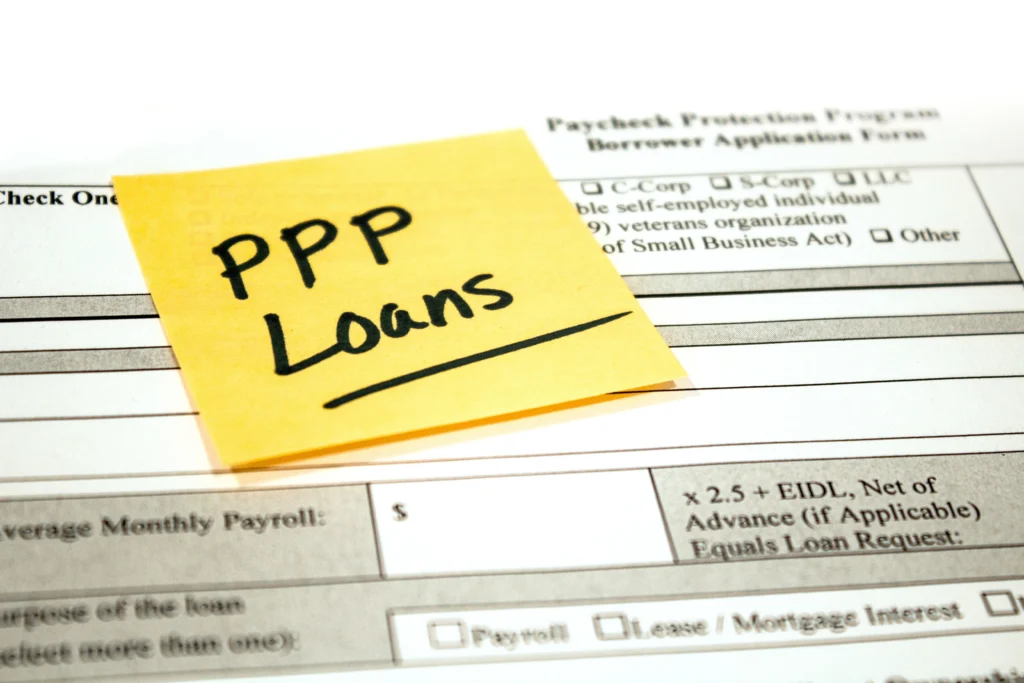Yes, budgets do include both expenses and income. A budget is essentially a financial plan that outlines expected income and expenses over a specific period, helping individuals, families, and businesses manage their money effectively. Here’s a detailed explanation of how income and expenses are included in a budget: Calculator
Understanding Budgets: Do They Include Expenses and Income?
Creating a budget is one of the most effective ways to gain control over your financial situation. A comprehensive budget provides clarity on how much money you have coming in (income) and how much is going out (expenses). Understanding the balance between these two components is key to making informed financial decisions, avoiding debt, and working towards your financial goals. Budgets Calculator
Income in a Budget
Income refers to the money you earn or receive on a regular basis. This includes any source of money that contributes to your total cash flow. For individuals, income typically includes:
- Salary/Wages: The money earned from a job after taxes (net income).
- Business Profits: Income generated from running your own business.
- Freelance and Side Hustle Income: Earnings from freelance work, gig economy jobs, or side projects.
- Passive Income: Income earned from investments, dividends, royalties, etc.
- Government Benefits: Such as unemployment benefits, pensions, or child support.
Why it’s Important: Including all sources of income in your budget is essential because it provides a clear picture of how much money is available for living expenses, savings, and debt repayment. Failing to account for all income sources can lead to unrealistic budgeting.
Expenses in a Budget
Expenses are the costs you incur to maintain your lifestyle, cover needs, and enjoy wants. Expenses are typically categorized into two main types:
- Fixed Expenses: These are costs that remain relatively constant from month to month. Examples include:
- Rent or mortgage payments
- Insurance premiums (health, car, life)
- Loan repayments
- Subscription services (streaming, gym membership)
- Variable Expenses: These are costs that can fluctuate month to month depending on your lifestyle and choices. Examples include:
- Groceries
- Utility bills (electricity, water, gas)
- Entertainment (movies, dining out)
- Transportation (gas, car maintenance, public transport)
Why it’s Important: Categorizing your expenses helps you understand where your money is going each month. It enables you to track spending patterns, identify areas for cuts, and ensure that your expenses align with your financial goals.
How Income and Expenses Work Together in a Budget
A budget helps you allocate your income to cover both essential expenses and discretionary spending. Here’s how they work together:
- Allocating Income: You begin by determining how much total income you will receive during the budgeting period (typically monthly). This is your starting point.
- Prioritizing Expenses: Once you know your income, the next step is to allocate it to your expenses. Begin with fixed expenses (which are necessary and non-negotiable) and then move on to variable expenses. The goal is to ensure that your income covers your essential needs and obligations first.
- Savings and Debt Repayment: After accounting for your necessary expenses, it’s important to include savings and debt repayment in your budget. This is where budgeting helps you achieve your financial goals, whether that’s building an emergency fund, saving for retirement, or paying off credit card debt.Budgets Calculator
Tips for Effective Budgeting:
- Track your expenses: Keep track of both fixed and variable expenses so you can anticipate future costs and avoid overspending.
- Budget for irregular expenses: Remember to include expenses that don’t occur every month, such as car maintenance or yearly insurance payments.
- Adjust your budget: If you experience a change in income (e.g., a salary increase, loss of a job, or new source of income), adjust your budget accordingly to ensure that it remains balanced.
How to Create a Budget That Includes Income and Expenses
- Determine Your Income: Start by listing all sources of income you expect to receive in the month. Be realistic about your income, especially if it varies.
- List Your Expenses: Categorize all your fixed and variable expenses. Don’t forget to factor in any irregular expenses (e.g., annual subscriptions or birthdays).
- Set Savings Goals: Allocate a portion of your income to savings and investments. If you’re focusing on debt repayment, allocate funds for that as well.
- Balance Your Budget: Ideally, your income should be greater than or equal to your expenses. If your expenses exceed your income, you may need to reduce discretionary spending or find ways to increase your income.
- Review and Adjust: A budget is not static. Review it monthly and adjust as necessary based on any changes in income or expenses.
Example of a Simple Monthly Budget
| Income | Amount |
|---|---|
| Salary | $3,000 |
| Freelance work | $500 |
| Total Income | $3,500 |
| Fixed Expenses | Amount |
|---|---|
| Rent/Mortgage | $1,200 |
| Insurance (Health, Car) | $300 |
| Loan Repayment | $250 |
| Subscriptions (Streaming) | $50 |
| Total Fixed Expenses | $1,800 |
| Variable Expenses | Amount |
|---|---|
| Groceries | $400 |
| Utilities (Electricity, Water) | $150 |
| Transportation | $100 |
| Entertainment | $100 |
| Total Variable Expenses | $750 |
| Savings & Debt Repayment | Amount |
|---|---|
| Emergency Fund Savings | $300 |
| Credit Card Payment | $200 |
| Total Savings/Debt | $500 |
| Total Expenses | $3,050 |
|---|---|
| Net Income (Income – Expenses) | $450 |
Final Thoughts
Yes, budgets absolutely include both income and expenses. A well-planned budget accounts for all sources of income and allocates it to cover essential and discretionary expenses. It also allows room for saving and debt repayment, ensuring that you can live within your means while working towards your financial goals. By consistently reviewing and adjusting your budget, you can take full control of your finances and make smarter money decisions. Budgets Calculator


